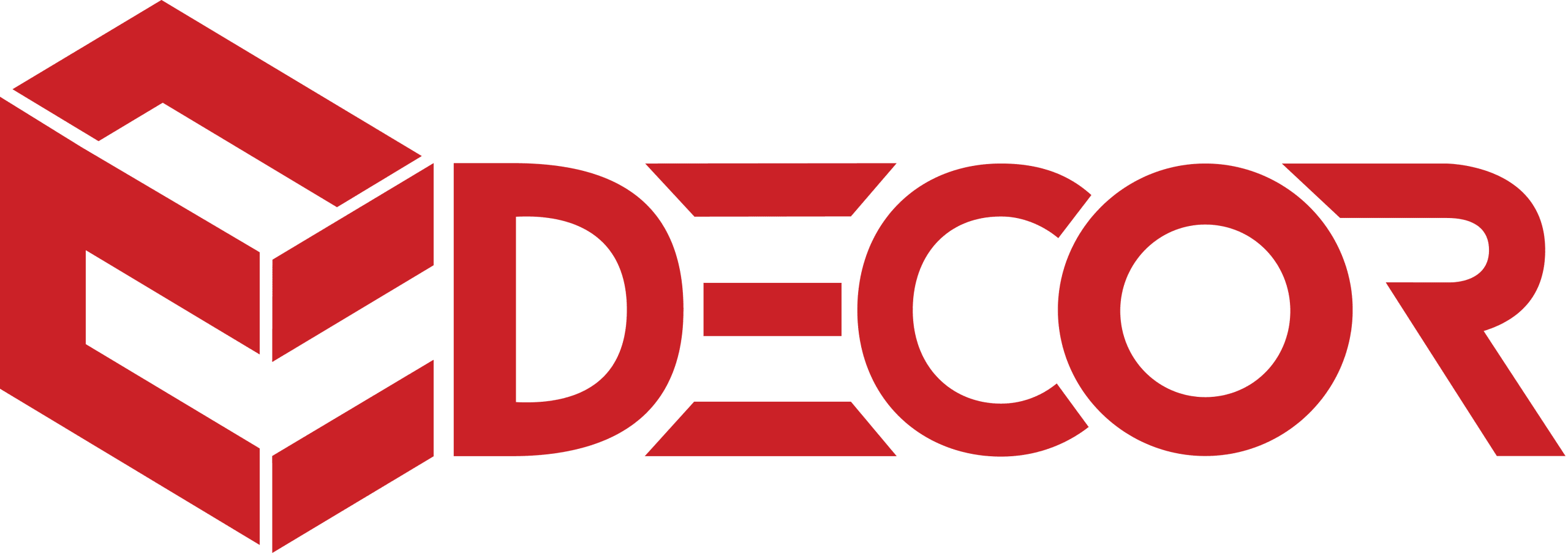- Shifting Landscapes: Business and Innovation Amidst Today’s World News Cycle.
- The Impact of Real-Time Information on Business Strategy
- Innovation Driven by the Demand for Accurate Information
- The Role of Artificial Intelligence in Information Analysis
- The Rise of Data Journalism
- The Implications for Content Creation and Marketing
- Navigating the Ethical Challenges of Information Consumption
- The Future of Information and Its Impact on Innovation
Shifting Landscapes: Business and Innovation Amidst Today’s World News Cycle.
In today’s rapidly evolving world, staying informed is more crucial than ever. The constant flow of information, often referred to as news, shapes our understanding of global events, influences our decisions, and impacts financial markets. However, the sheer volume of information can be overwhelming, making it difficult to discern fact from fiction and to identify trends that will shape the future. This article aims to explore how businesses and innovation are navigating this complex landscape, examining the challenges and opportunities presented by the modern information cycle.
The digital age has democratized information, allowing anyone with an internet connection to become a publisher. This has led to an explosion of content, a phenomenon that, while empowering, also creates challenges for individuals and organizations seeking reliable and insightful reporting. Understanding this context is key to navigating the complexities of the information age and harnessing it for strategic advantage.
The Impact of Real-Time Information on Business Strategy
The speed at which information travels today has fundamentally altered the business landscape. Companies are no longer able to operate on traditional planning cycles. Instead, they must adopt agile strategies that allow them to respond quickly to changing market conditions, emerging threats, and unexpected opportunities. This requires a commitment to continuous monitoring, data analysis, and a willingness to adapt. Consider the retail sector, where consumer preferences shift rapidly based on social media trends. Companies must actively monitor those trends to adjust inventory, marketing campaigns, and product development.
Furthermore, the ability to analyze real-time data provides businesses with a competitive edge. Predictive analytics, powered by machine learning, can forecast demand, optimize pricing, and personalize customer experiences. However, the effectiveness of these tools depends on the quality and completeness of the data. Companies need robust data governance policies to ensure accuracy and reliability.
The proliferation of information also presents a risk of misinformation. The spread of false or misleading content can damage a company’s reputation, erode customer trust, and even lead to legal challenges. Therefore, businesses must prioritize transparency and ethical communication to maintain credibility.
| Market Volatility | Rapidly changing market conditions due to instant information dissemination. | Agile planning, continuous monitoring, scenario planning. |
| Reputational Risk | Damage to brand image due to misinformation or negative coverage. | Proactive communication, crisis management plan, strong online presence. |
| Competitive Advantage | Gaining an edge through real-time data analysis and predictive analytics. | Investment in data science, data governance, and analytical tools. |
Innovation Driven by the Demand for Accurate Information
The challenges posed by the modern information landscape have spurred innovation in several areas. One key area is the development of tools to combat misinformation, such as fact-checking websites and AI-powered content verification systems. These tools help users to identify false or misleading content and to make informed decisions. However, it is important to recognize that these tools are not perfect and can be susceptible to bias.
Another area of innovation is the development of new methods for delivering information. Podcast and newsletters are gaining popularity as more curated information spaces. Businesses are leveraging these platforms to reach target audiences with relevant and credible content. The rise of visual storytelling, through video and infographics, is also reflecting the need for concise, engaging, and easily digestible information.
The demand for secure and reliable communication technologies is also driving innovation. Blockchain technology, for example, offers the potential to create tamper-proof records and to verify the authenticity of information. This technology has applications in a wide range of industries, from supply chain management to healthcare.
- Enhanced fact-checking tools: Utilizing artificial intelligence to verify information in real-time.
- Blockchain-based verification:Leveraging blockchain to ensure data integrity and authenticity.
- Curated content platforms:Providing users with carefully selected information from trusted sources.
The Role of Artificial Intelligence in Information Analysis
Artificial Intelligence (AI) is rapidly becoming an indispensable tool for analyzing the vast amounts of information generated daily. AI-powered algorithms can identify patterns, detect anomalies, and extract insights that would be impossible for humans to uncover manually. This is particularly valuable for organizations that need to monitor social media, track brand sentiment, or identify potential threats. Machine learning algorithms can also be used to personalize content, recommend relevant information, and improve search results.
However, the use of AI in information analysis also raises ethical concerns. Algorithmic bias, for instance, can perpetuate existing inequalities and lead to unfair or discriminatory outcomes. It is crucial that AI systems are designed and deployed responsibly, with a focus on transparency and accountability.
The Rise of Data Journalism
Data journalism is a growing field that combines traditional journalistic skills with data analysis techniques. Data journalists use quantitative data to uncover stories, investigate trends, and hold power accountable. This approach can provide a deeper understanding of complex issues and can reveal patterns that would otherwise go unnoticed. Data journalism also demands strong visualization skills in order to effectively communicate findings to a broad audience.
The Implications for Content Creation and Marketing
The constant flow of information has transformed the landscape of content creation and marketing. Traditional marketing tactics are less effective in an environment where consumers are bombarded with messages. To cut through the noise, businesses need to create content that is valuable, relevant, and engaging. Storytelling is key – crafting narratives that resonate with audiences and build emotional connections.
Navigating the Ethical Challenges of Information Consumption
As consumers of information, we all have a responsibility to be critical thinkers. This means questioning the source of information, verifying facts, and being aware of potential biases. The spread of misinformation is not simply a technical problem; it is also a societal problem that requires a collective effort to address. The echo chamber effect, where individuals are primarily exposed to information that confirms their existing beliefs, can reinforce biases and make it more difficult to engage in constructive dialogue.
Media literacy education is essential to equipping individuals with the skills they need to navigate the information landscape effectively. This includes teaching people how to identify credible sources, how to evaluate evidence, and how to distinguish between fact and opinion. Promoting a culture of intellectual humility, where individuals are open to considering different perspectives, is equally important.
Businesses also have a role to play in fostering ethical information consumption. Companies can promote transparency, provide accurate information, and support initiatives that combat misinformation.
- Verify sources: Check the reputation and credibility of the information provider.
- Cross-reference information:Compare the information with other sources.
- Be aware of bias: Recognize that all sources have a perspective.
- Consider the context: Understand the broader context of the information.
The Future of Information and Its Impact on Innovation
Looking ahead, the flow of information is likely to accelerate even further. Emerging technologies, such as augmented reality and virtual reality, will create new ways to experience and interact with information. The metaverse, for example, could become a significant platform for communication, collaboration, and commerce. However, it is crucial to address the ethical challenges associated with these technologies, such as privacy concerns and the potential for manipulation.
The ongoing evolution of information will continue to drive innovation across a wide range of industries. Businesses that can effectively navigate this complex landscape will be well-positioned to succeed in the 21st century. Those that fail to adapt risk being left behind.
Ultimately, the responsibility for fostering a more informed and responsible information ecosystem lies with all of us. By prioritizing critical thinking, promoting media literacy, and embracing ethical practices, we can harness the power of information for the benefit of society.




 Round Rugs
Round Rugs  Wool Rugs
Wool Rugs  Vintage Rugs
Vintage Rugs 


 Carpet Tiles
Carpet Tiles  Carpet
Carpet 
 Embossed Rug
Embossed Rug  Plain Rug
Plain Rug 
 2.5'*4'
2.5'*4'  2'*3'
2'*3'  3'*5'
3'*5'  5*7.5
5*7.5 













 Artificial Grass
Artificial Grass  Mats
Mats 
 Soil
Soil  Fertilizer
Fertilizer  Pesticides
Pesticides